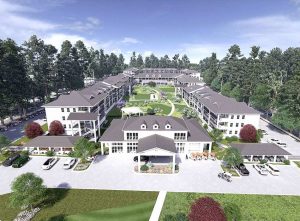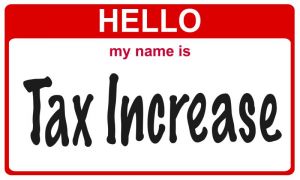Thursday night at 6:45 p.m., the Peachtree City Council is slated to host a public hearing on increasing the millage rate by as much as 1.25 mills.
But it is not yet clear if there are three votes among the five council members to enact that increase, or a lower one of .5 mills that has also been discussed. So far, council has been at an impasse on the discussion.
Councilwomen Kim Learnard and Vanessa Fleisch have supported the 1.25 mill increase which would result in a $108 a year increase on a home valued at $272,000.
Mayor Don Haddix and Councilman Doug Sturbaum have said they prefer a more austere .5 mill increase which would result in a $43 a year increase on that same $272,000 home.
And so far Councilman Eric Imker, the swing vote, has refused to take a firm stand on which millage rate increase he supports. In fact, in council’s last discussion on the matter, Imker said he would oppose any millage rate increase.
Furthermore, Haddix and Sturbaum have said they will vote against any budget that does not include an increase in funding for the Development Authority of Peachtree City at $150,000, up from the authority’s current $30,000 in annual funding.
Haddix and Sturbaum contend DAPC needs its own staffer to help recruit business and industry. But Learnard and Fleisch have said they would rather that duty be handled by a newly-created position on city staff instead so there can be more control on results.
Haddix has contended that city staff legally cannot offer tax incentives to corporations that are necessary to secure new jobs for the city.
The city has published its public advertisement with a millage rate increase of up to 1.25 mills, since that is the ceiling that has been reached in council discussions, said Finance Director Paul Salvatore. Had the city only advertised a .5 mill increase and council ultimately voted for the 1.25 increase instead, the advertisements would need to be run again, Salvatore explained.
The millage rate typically has to be adopted by the first of August but this year the date has been extended to early September. That will allow the tax commissioner time to levy the taxes on bills that go out later in the year.










Leave a Comment
You must be logged in to post a comment.